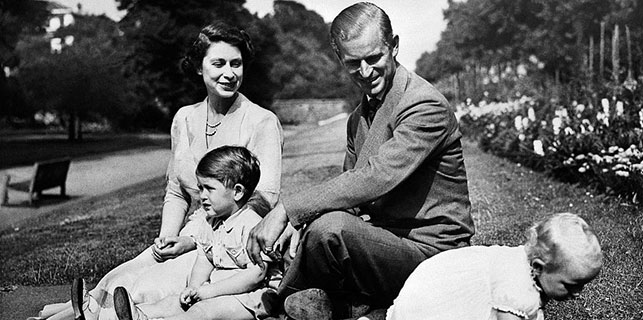Men on a mission
 |
|
Zhang Xiping, a professor at Beijing Foreign Studies University, who specializes in cultural exchanges between China and the West. [Photo by Jiang Dong/China Daily] |
"Not surprisingly the empress dowager was wholly unimpressed and returned the clock to her son. I've also read that Ricci had previously tried to present the emperor with other stuff, through one of his eunuchs, of course. However, as shrewd as Ricci was, he failed to take into account the eunuch's greed."
Getting nothing in return, the angry eunuch is said to have managed to have Ricci thrown into prison, if only briefly, before taking everything for himself.
"If this anecdote is true, then it seems that the Western missionaries had a lot more to adapt to than they had imagined," Li says.
These attempts at gaining attention were followed by significant and often prolonged efforts, efforts aimed at "bringing down the arrogance of the Chinese and bringing them into God's fold", Li says.
When Emperor Chongzhen (1611-1644), the last emperor of the Ming Dynasty (1368-1644) peered into the infinity of the universe through a telescope in about 1641, with Schall von Bell at his side, the beleaguered man, whose vast empire was being eyed by powerful foes and who may have felt he needed heaven's help more than ever before, must have experienced moments of amazement and profound lamentation.


















